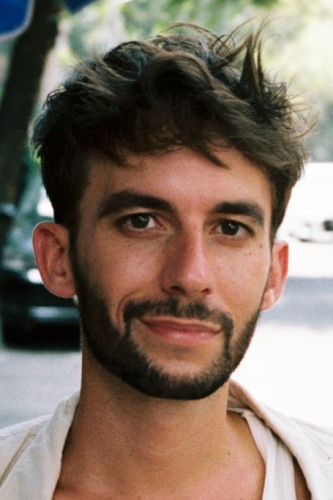
Fred Shaia
Biography
Fred Shaia is a seventh-year Ph.D. candidate in the Department of Political Science at Brown University, where he specializes in International Relations. His work has been published in Global Environmental Politics, and has received support from the National Science Foundation, the Charlotte W. Newcombe Foundation, and Brown’s Presidential Fellowship, among others.
Fred’s research agenda examines how power is exercised and contested, how economic ideas emerge and spread, and how ethical considerations influence decision-making and institution-building. He investigates such questions using mixed methods, drawing on a diverse base of multi-lingual sources, including archival, interview, and ethnographic data collected from 16 countries across six continents. He is an expert on the politics of the United Nations Framework Convention on Climate Change (UNFCCC), having observed hundreds of hours of negotiations at nine UN summits, including COP26 in Scotland, COP27 in Egypt, COP28 in the United Arab Emirates, and COP29 in Azerbaijan.
Fred has held visiting Ph.D. positions in sociology, history, and policy departments at the Max Planck Institute for the Study of Societies (MPIfG) in Cologne, the European University Institute (EUI) in Florence, and Ashoka University in New Delhi. Before Brown, Fred received a Master in Public Policy (M.P.P.) from Harvard University and worked for the World Bank, the International Finance Corporation, and the U.S. Department of State.
Job Market Paper Title
Ethical Discourse, the Global South, and the Making of the International Environmental Order
Job Market Paper Abstract
How do countries in the Global South achieve their goals in international environmental negotiations despite resistance from structurally more powerful counterparts? This article shows how Global South states exercise authority by strategically framing their bargaining positions around principles of distributive equity. The prescriptive force of such ethical appeals influences how countries conceive of their interests and the institutional responses they consider to be appropriate. When invoked effectively, equity-based arguments delegitimize competing proposals, persuade states to coalesce around morally authoritative alternatives, and ultimately produce fairer governing arrangements than would have emerged otherwise. I develop this argument inductively through a multi-archival assessment of the 1972 UN Conference on the Human Environment, which marked the dawn of the international environmental order. Carefully reconstructing these negotiations recovers their historical significance in the post-war order, spotlights Global South protagonism, and informs IR theorizing on the causal significance of ethical discourse in environmental decision-making and institution-building.